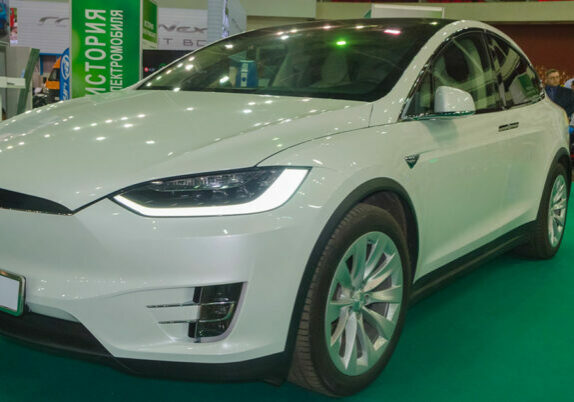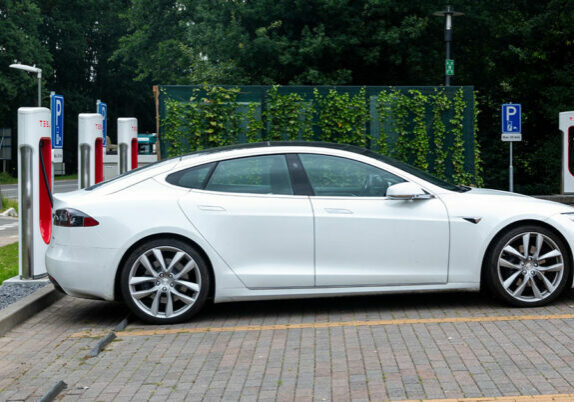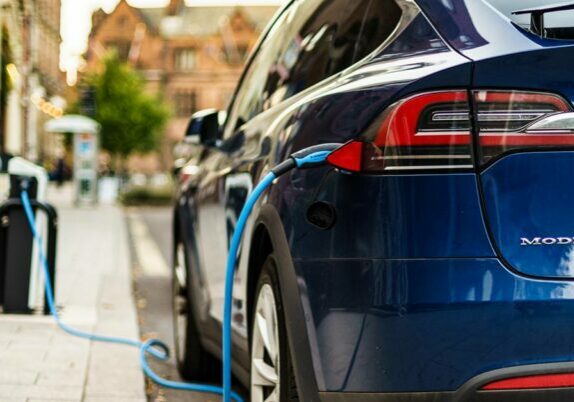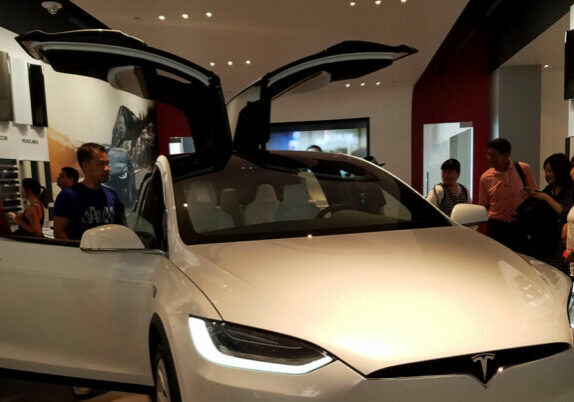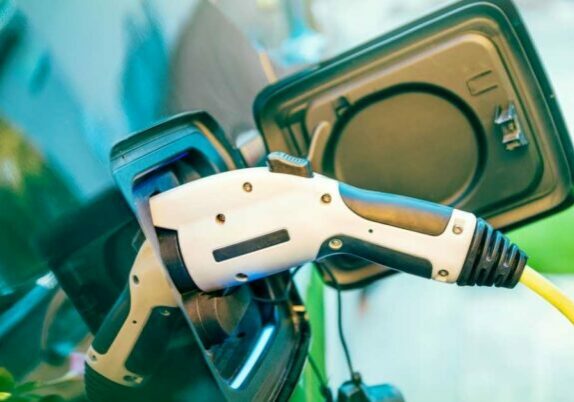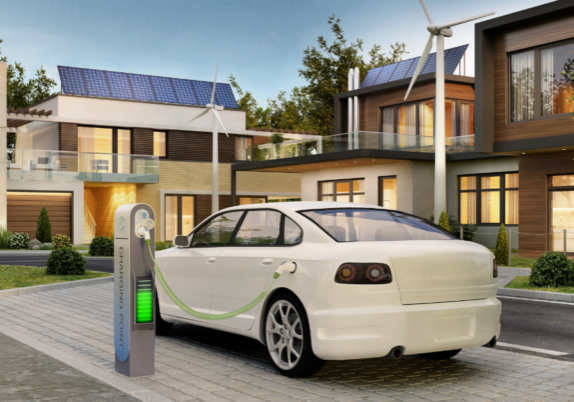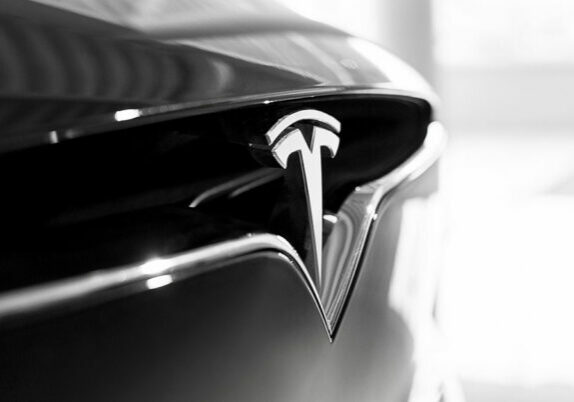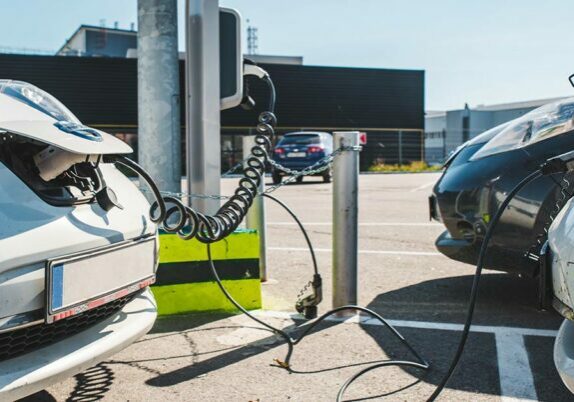Are you considering switching to an electric vehicle (EV) but hesitant due to concerns about charging costs? It’s natural to wonder about the Cost to charge electric vehicles vs gas vehicles. However, as the world moves towards cleaner energy sources, EVs are becoming increasingly popular.
In this article, we’ll explore the cost of charging an EV, including factors that impact charging costs and how they compare to fueling a gas vehicle. You might be surprised to learn that EVs can be much more cost-effective than gas-powered vehicles in the long run.
While the initial purchase price of an EV can be higher than a gas vehicle, the cost of charging an EV is significantly lower than the cost of fueling a gas vehicle. In fact, according to the US Department of Energy, the cost of charging an EV is typically less than half the cost of fueling a gas vehicle. So, let’s dive into the details and see how you can save money by charging your EV.
How much does it cost to charge an electric vehicle? EV vs. gas comparison
You already know that charging an EV is typically much cheaper than filling up a gas-powered car, but how much does it actually cost?
Let’s compare: for example, it costs about $56 per month and $674 per year to charge an EV at home, while filling up a gas-powered vehicle can cost upwards of $100 per month, depending on the make and model.
The cost of charging an EV is impacted by factors such as electricity source, battery size, charger types, time of use rates, and location.
EV charging infrastructure is expanding rapidly, and many government incentives are available to encourage the adoption of electric vehicles. Public charging networks are becoming more prevalent, and charging speed is improving.
EVs also have lower maintenance costs compared to gas-powered vehicles. Renewable energy integration is another important factor when charging an EV, as going solar can lower or completely cover EV charging costs.
How Much Does It Cost To Charge an Electric Vehicle?
Electricity is typically three times cheaper per mile when powering your car than gasoline. The cost of charging an electric vehicle (EV) depends on multiple factors, such as the electricity source, EV battery size, charging location, and time of use rates. EV drivers can save even more money by using renewable energy sources, such as solar, to charge their cars.
EV charging infrastructure is also expanding rapidly, with more public charging stations being installed and new fast charging technology being developed. Smart charging features, such as EV charging at work and time of use rates, can further reduce the cost of charging an EV.
As more people switch to electric cars, the EV charging network expansion is expected to continue, making it even more accessible and cheaper to charge your EV.
How Much Does It Cost To Charge an EV With Solar Power?
By harnessing the sun’s power, you can charge your EV with renewable energy, resulting in significant cost benefits and a reduced environmental impact. Going solar can also cover your EV charging costs completely, making your driving experience guilt-free and sustainable.
To enjoy solar savings, you can consider installing solar panels at your home or utilizing public charging options that use renewable energy sources. When considering the installation process, it’s essential to factor in battery size considerations and government incentives that can help offset the cost of going solar.
With home charging solutions, you can save even more on charging costs, especially if a larger battery requires more frequent charging. Ultimately, by utilizing solar power to charge your EV, you can enjoy significant cost savings while doing your part to reduce your carbon footprint.
How Far Can an Electric Vehicle Travel on One Charge?
Imagine driving your electric vehicle on a single charge for hundreds of miles, with no need to stop for gas or refueling – that’s the power of today’s EV technology and range capabilities.
The range capacity of EVs has improved significantly over the years thanks to advancements in battery technology. However, the actual range of an EV can be impacted by various factors, such as weather conditions and driving habits. To ensure maximum range, it’s essential to maintain the EV’s battery and use the appropriate charging infrastructure.
Charging time and speed also play a crucial role in EV range capacity. Government incentives can help offset the cost of installing a home or public charging station. It’s also important to consider the long-term maintenance costs of an EV, including battery replacements and potential battery degradation over time.
With proper care and maintenance, an EV can provide exceptional range and cost savings compared to gas-powered vehicles.
What Factors Impact the Cost of Charging an Electric Vehicle at Home?
Factors like electricity source, charger type, location, electricity rates, charger installation, battery size, charging time, and tax incentives can all impact how much you’ll spend to power up your EV at home.
Electricity rates vary depending on where you live, and specific locations may have higher charger installation costs. The type of charger you use and the charging time can also impact the cost.
Fast charging may be more expensive, but it can save time. Choosing a renewable electricity source, such as solar power, can lower or even eliminate your charging costs in the long run.
Battery size also plays a role in charging costs, as larger batteries require more electricity to charge. Fortunately, tax incentives are available to purchase EVs that offset some of the upfront costs.
Additionally, EVs offer significant long-term savings when compared to gas-powered vehicles. While the initial cost may be higher, the reduced maintenance and fuel costs can compensate for it over time.
Considering all these factors, you can make an informed decision about how to charge your EV at home while keeping costs in check.
What Is the Cost of Charging an Electric Vehicle Outside the Home?
When powering your EV away from home, it’s important to consider the various options available.
Public charging stations are a common choice, and many cities have installed them in public parking lots or street corners. These stations often have different charging fees and speeds, so it’s important to research which ones are most convenient.
Fast-charging networks like Tesla’s Supercharger are also becoming more widespread, making charging your car quickly when you’re on the road easier. However, these networks often require a membership or subscription fee and may not be as accessible as public charging stations.
Charging time and infrastructure are also essential factors to consider. Some charging stations may take longer to charge your car, while others may have limited accessibility due to location or maintenance issues.
It’s also worth noting that the cost of charging an EV away from home can vary depending on the charging speed and infrastructure. Ultimately, it’s essential to research your options and find the best charging stations for your needs and budget.
Conclusion
So, you’re considering switching to an electric vehicle but still have concerns about the cost of charging compared to fueling a gas-powered car. Well, the good news is that EVs are becoming more affordable to charge as electricity costs continue to decrease.
On average, it costs about $0.13 per kilowatt-hour to charge an EV, which translates to about $5 to $15 for a full charge. But how does this compare to the cost of fueling a gas vehicle?
According to the Department of Energy, the average cost of gasoline in the US is currently around $3 per gallon. If your gas-powered vehicle gets an average of 25 miles per gallon, it would cost about $12 to travel 100 miles. In comparison, if your EV gets an average of 4 miles per kilowatt-hour and it costs $0.13 per kilowatt-hour to charge, it would only cost about $3.25 to travel the same distance. That’s a significant difference!
One interesting statistic to note is that in 2020, EV sales in the US increased by 43% despite the pandemic. This shows that more and more people are recognizing the benefits of EVs, including lower operating costs and reduced emissions.
As the infrastructure for charging EVs continues to improve and the cost of electricity continues to decrease, we’ll likely see even more growth in the EV market in the coming years. So, if you’re still on the fence about making the switch, it may be worth considering the long-term cost savings and environmental benefits of driving an electric vehicle.

